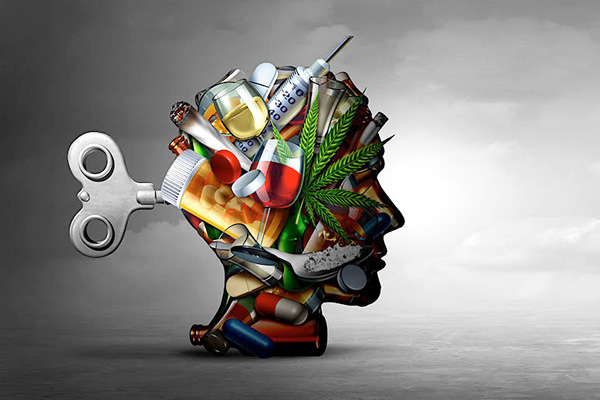CONCENTRATION MATTERS –
Aug. 10, 2022 – In this study, researchers directed a Preferred ReportingItems for SystematicReviews and Meta-Analyses(PRISMA) systematic review of peer-reviewed literature. They analyzed the peer-reviewed literature to observe the effects of psychiatric disorders on SUDs and how pharmacological treatments may alleviate these effects.
Terms entered in the PubMed database included: mood disorder, bipolar disorder, depressive disorder, anxiety disorder, psychotic disorder, drug therapy, substance use child, childhood, adolescent, alongside others. Studies published between 1976 and 2021 with adolescents and young adults included were also examined.
After excluding duplicates and irrelevant articles, alongside others which failed to meet the criteria set out, 26 full articles were reviewed. These articles all examined pharmacological treatments for 1 or more psychiatric disorder. The treatments predominantly analyzed include amphetamine, methylphenidate, pemoline, and dextroamphetamine. Various other treatments were examined in 1 to 3 of the articles.
In the studies, treatment for attention-deficit/hyperactivity disorder (ADHD) was observed to reduce the appearance of SUDs. This information was given special attention, as SUDs are 2 to 3 times more likely to appear in individuals with ADHD. With treatment, these individuals were 50% less likely to develop SUDs.
Through subsequent years of treatment, individuals with ADHD were found to be 13% less likely to develop SUDs than the year prior. When treatment was administered earlier, the chances of developing SUDs were significantly lowered. Similarly, a longer period of treatment reduced the risk of SUDs even further. Treatment administered later or for a lesser period of timewere found to have no effects on SUDs. In cases where SUDs were more likely, ADHD was found to be more severe with the use of stimulants.



